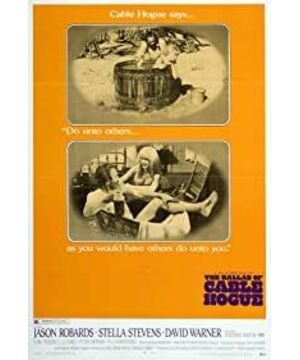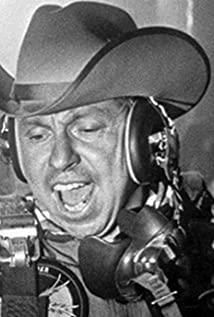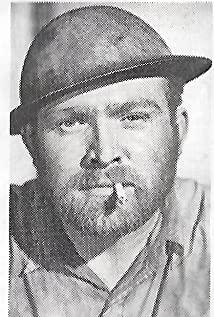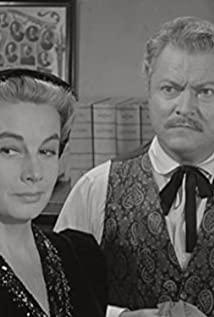The translation of this title is really very Chinese, and it is easy to associate a sad story with literary meaning.
In fact, the director may not necessarily be a tragedy. An unnamed dick has made money too, although she is not big, the beauty is also asleep, although she is a miserable woman, her enmity has also been reported, although two missed one. Finally died on his own territory, although the method of death was a bit bloody. How much can be considered dead right? Isn’t freedom and unruly the core of the American spirit?
That is really the years when human civilization and the law of the jungle coexist. You can enclose land by peeing. The gun is the law, and a small puddle that trips you on the road may be the beginning of a certain town in the future. The town will be yours. Named, but the director did not want to tell such a story. I like the loneliness, chance and impermanence in the film, but I don't think the jokes are so clever.
At the end of the film, Pekin’s French sentiment is permeated: the funeral is as scribbled as the protagonist’s death, but the eulogy of the fake priest appears so sincere. At the end of the funeral, everyone was gone, leaving only the lonely house in the desert. It reminded me of those abandoned hotels on Route 66, with peeling paint and broken windows. Maybe you will witness history, maybe you are just a passerby. After the new road was built, the roads that were rarely taken were buried and forgotten in the wind and sand.
View more about The Ballad of Cable Hogue reviews











